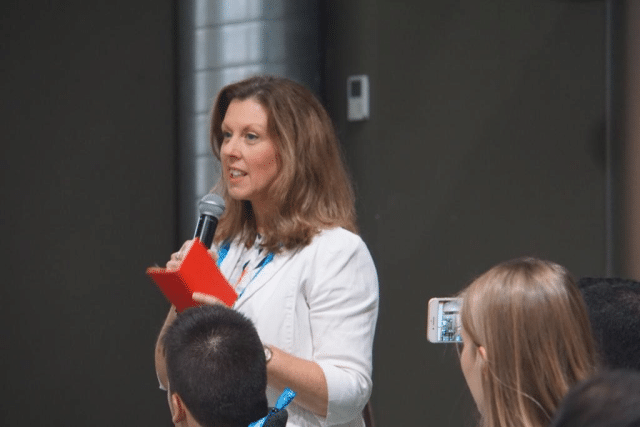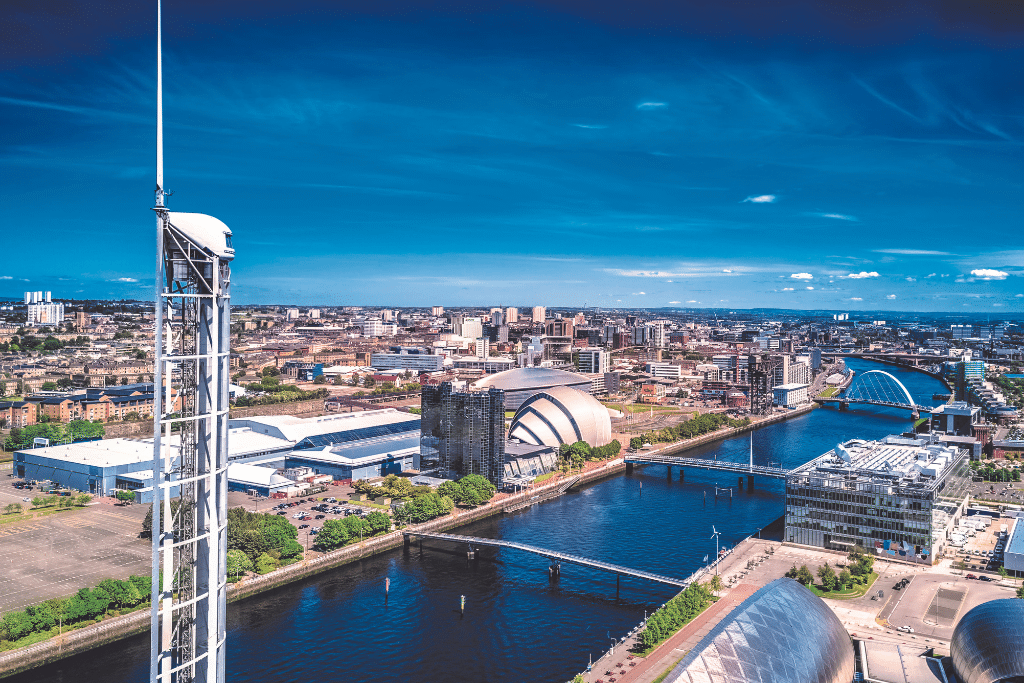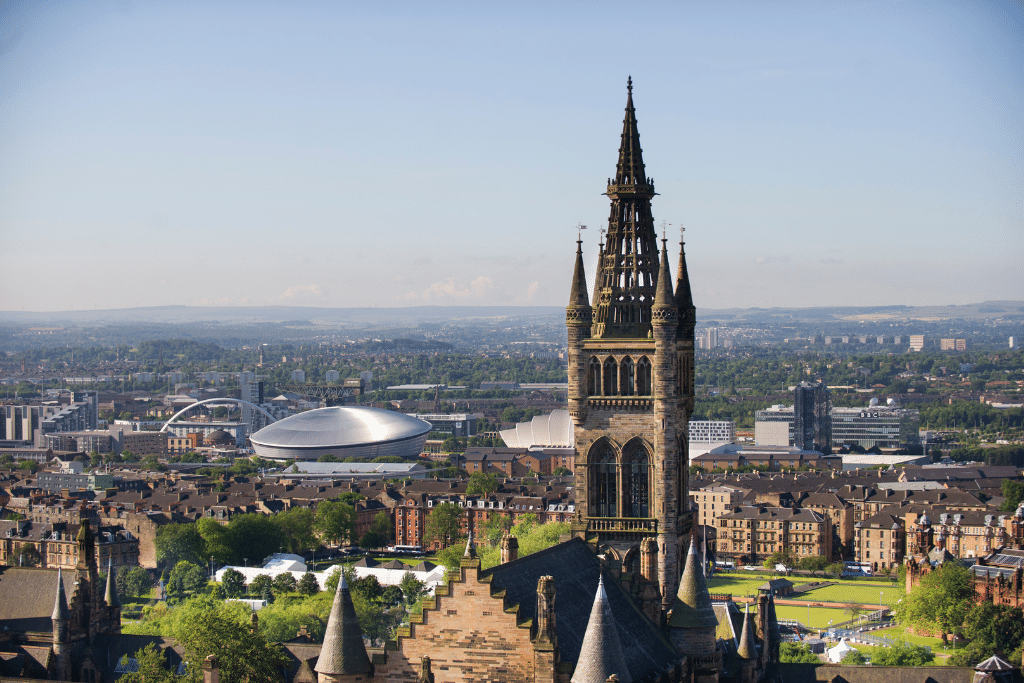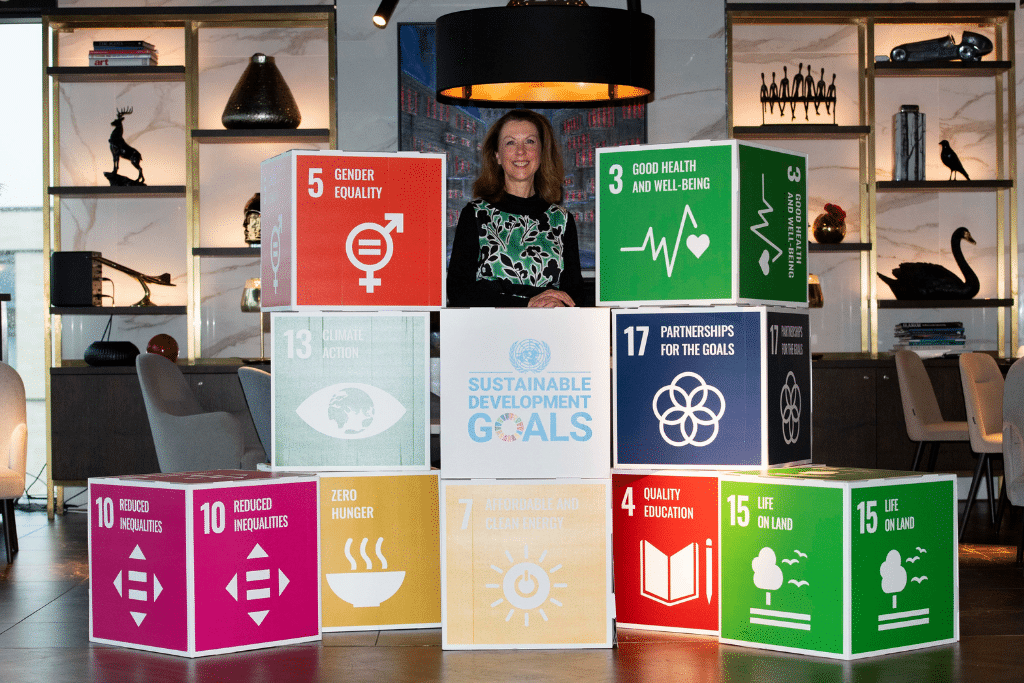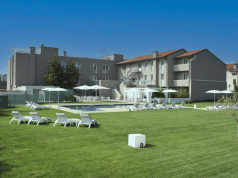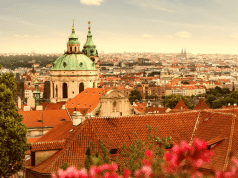GLASGOW – HOST DESTINATION OF COP26
Kongres Magazine talked to Aileen Crawford, the Head of Tourism and Conventions at Glasgow Convention Bureau, who contributed to Glasgow becoming the host destination for the 26th UN Climate Change Conference.
Q1: What would be your answer to someone claiming that the environmental changes we are witnessing are not a consequence of human actions?
My answer would be simple, listen to the scientists, and listen to the experts. According to the UK National Research Council, the human causes of global change are those with enough impact to significantly our environment to such an extent that it is a cause of concern for humanity. The global environmental issues of greatest concern include those that unbalance the earth, such as those that impact the number of living species and the amount of ultraviolet radiation to the earth’s surface. This revelation comes as no surprise to many who consider that humans have already ushered in a new geological era called the Anthropocene – the age of humans, a term popularized by Nobel Laureate and chemist Paul Crutzen. While the exact beginning of this era is debatable, there is no denying that humans have become a dominant force on this planet, altering every other form of life through our actions.
Q2: What does the slogan “think global, act local” mean to you?
The phrase ‘Think Global, Act Local’ was first used in the context of the current environmental challenges. If you want to achieve change and improvement, you cannot wait for global legislation or global action. The best course of action is to drive change yourself. We can all act to reduce our own environmental impact. By acting locally, we start to address a global issue.
Q3: What do you see as the greatest environmental issue in your country and city?
According to the leaders attending COP26 in Glasgow, climate change is the biggest environmental problem that humanity will face over the next decade, but it is not the only one. Glasgow’s Climate Plan is the city’s response to the environmental and ecological emergency. The recommendations from the plan cover a broad range of policy areas, including education, transport, planning and construction, natural environment and land use. The plan’s recommendations are aligned to the UN Sustainable Development Goals that ensure the transition to a net-zero society is a catalyst for building a fairer, healthier, prosperous, resilient and greener city for all.
Q4: Do you notice any differences regarding the sensibility of today’s generation and their approach towards a green action compared to pre-millennial generations?
According to the UN Secretary General’s Envoy on Youth, young people are key actors in raising awareness, running educational programmes, promoting sustainable lifestyles and adopting environmentally-friendly practices. A 2021 survey of 10,000 young people across ten countries, led by Bath University, found that three-quarters of them thought the future was frightening, and over half (56%) said they think humanity is doomed. The authors of the report, published in the journal Lancet Planetary Health, say levels of anxiety appear to be greatest in nations where government climate policies are considered weakest.
Q5: How environmentally aware is your organisation? Can you elaborate by giving an example?
Glasgow was the first UK city to join the Global Destination Sustainability Index in 2016 and currently ranks 4th in the list of global tourism and events cities. Glasgow Convention Bureau was the first of its kind in Europe to gain Green Tourism accreditation, and in 2021 Glasgow achieved EarthCheck sustainable city status.
Q6: What we can measure, we can improve. Do you measure the carbon footprint of your events, and do you have a system of following environmental criteria in place?
In Glasgow, we offer clients and delegates our People Make Glasgow Greener toolkit to help deliver sustainable conferences. A measurement tool for the global meetings industry would be very useful!
Q7: What do you prioritise when it comes to achieving a carbon-neutral meeting industry?
Glasgow Convention Bureau promotes industry members with green credentials. For example, on the www.glasgowconventionbureau.com website, clients can search for venues with green accreditation.
Q8: Measures for going green predominantly come from superiors. What can employees do to contribute to organising green events and making a greener industry themselves?
The Glasgow Convention Bureau team have been instrumental in driving forward positive change, both within the organisation and for our conference planners and delegates. The team are passionate supporters of the People Make Glasgow Greener actions to improve and increase our sustainable city offering. They have come up with great ideas and solutions to help make Glasgow conferences more sustainable and aligned to the UN Sustainable Development Goals.
Q9: The transport of attendees’ accounts for more than 70 per cent of carbon footprint. How do you tackle this in your organisation?
Glasgow is a very walkable city but it also has an integrated public transport network that includes rail, bus and underground network that is the third oldest in the world after Budapest and London! Conference delegates can take advantage of the conference rover train ticket that gives reduced rail fares from the city centre to the Scottish Event Campus. Delegates attending meetings at the SEC have access to free OVO city bikes. Glasgow Taxis are expanding their electric vehicle fleet, as are the local city buses.
Q10: In your opinion, when can an event be labelled as green or carbon-neutral? What advice would you give to those that would like to start changing the meetings industry into a sustainable one?
ISO 20121 is the international standard that has been developed to promote more responsible consumption, relieve the strain on local infrastructure and utilities, and reduce the potential for conflict in communities where events are hosted. However, not every meeting will have the capability or capacity to adopt ISO 20121, so it is unfair to say every conference has to have a label. Surely it is better that the host city, the host venue and the supporting partners from the hotel and hospitality industry all do their part in support of the meeting planner and the delegates to make the meeting as sustainable as possible while they are guests in our city. As a meetings industry can all do our part, the efforts of the one help the whole!
Q11: Can you give a good practice case from your company or your region?
In Glasgow, we are putting sustainability into the heart of all that we do. In 2021 we launched our Go Greener initiative, where we help meeting planners align with the UN Sustainable Development Goals through an engaging and practical interactive workshop. Our People Make Glasgow Greener strategy and toolkit can be found here: https://glasgowconventionbureau.com/why-glasgow/people-make-glasgow-greener/.


